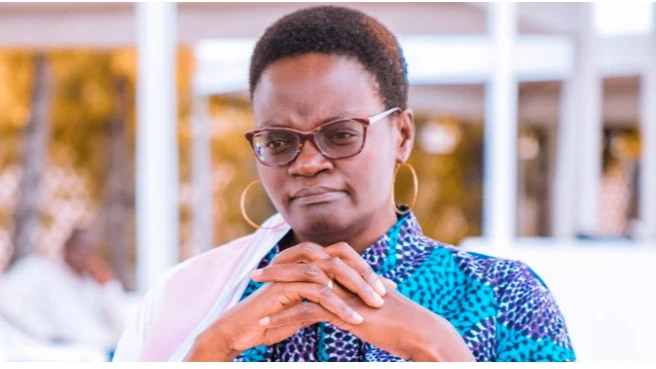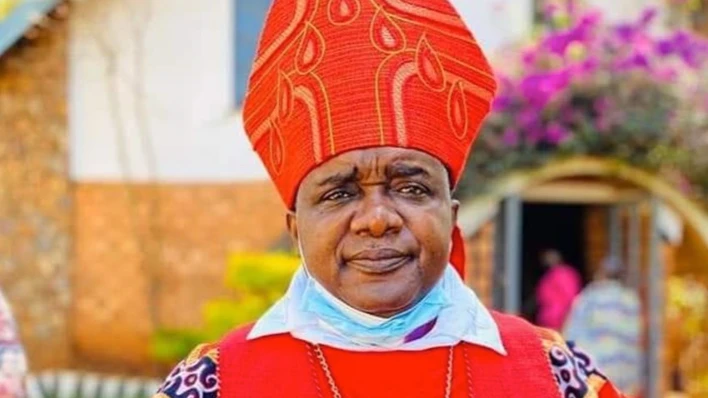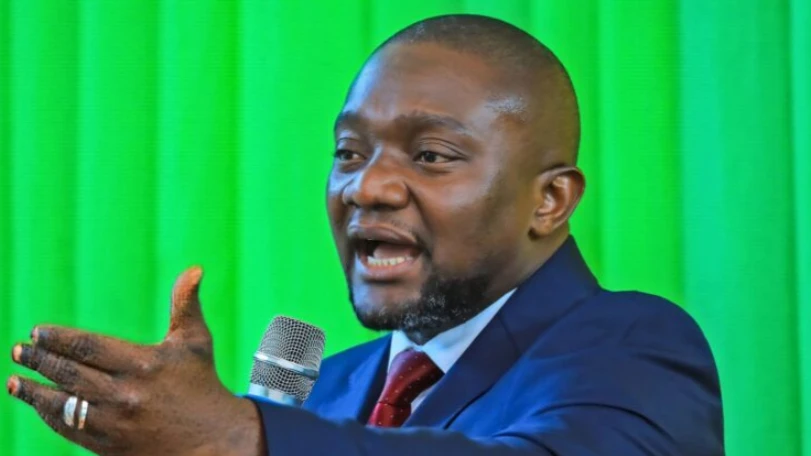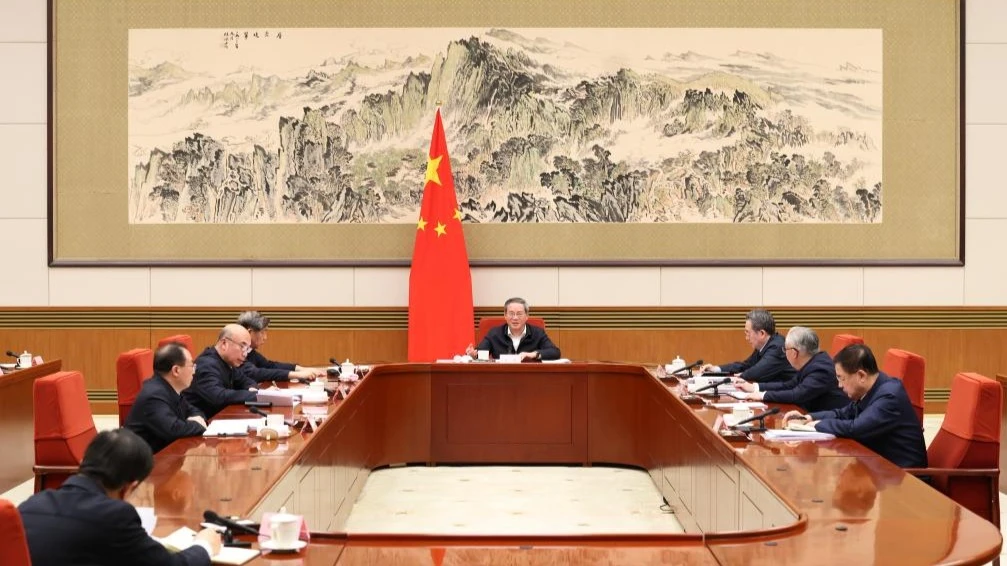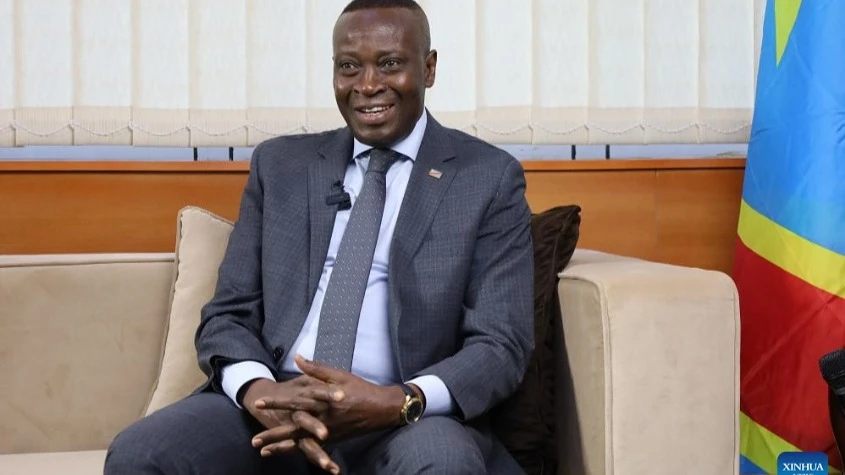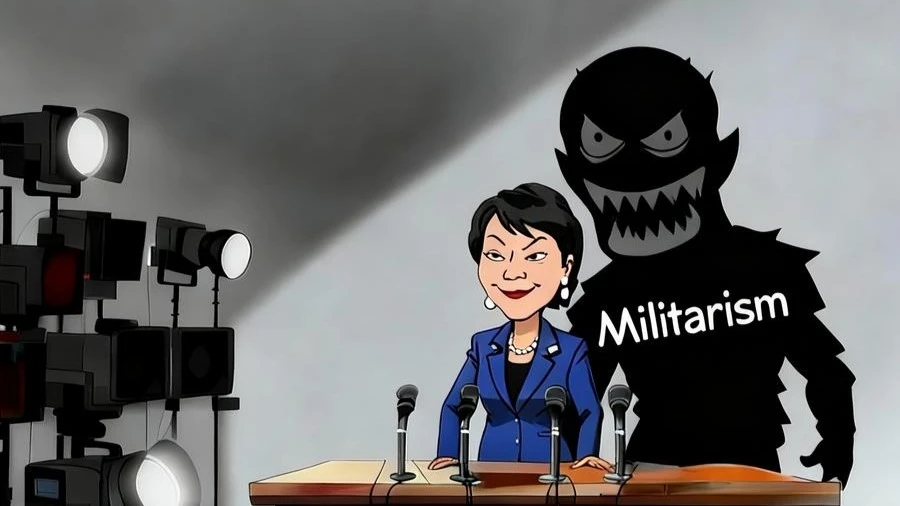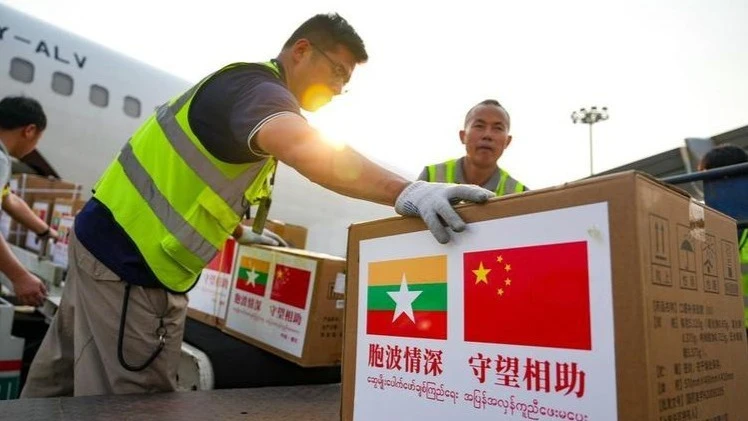Ex-liberation movements converge for Nyerere Day
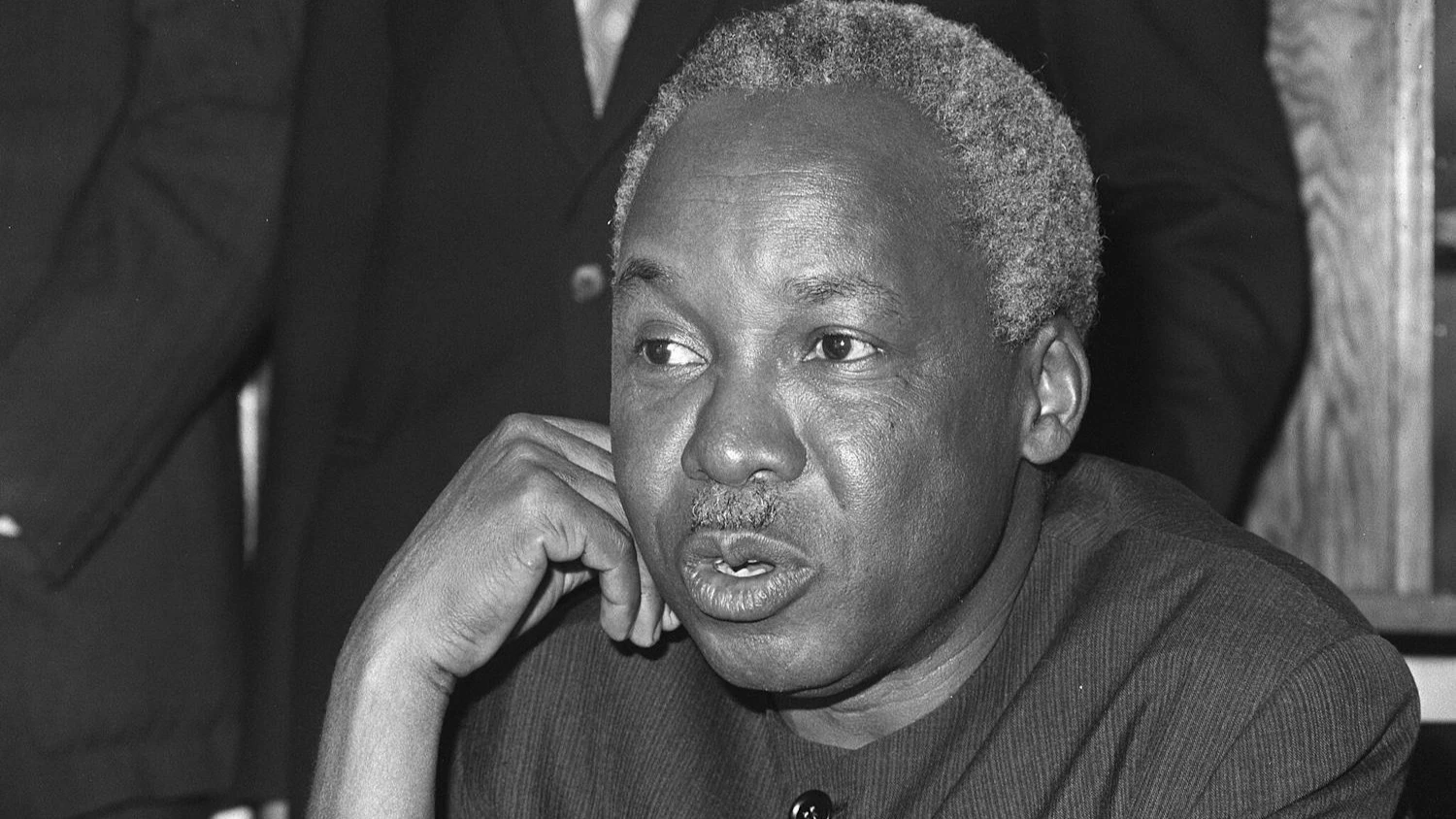
AN international dialogue at the Mwalimu Julius Nyerere Leadership School (MJNLS) attracting over 200 invitees will today be put to a presentation by an official of the Communist Party of China (CPC) on the enduring impact of Nyerere’s guiding role in supporting Africa’s liberation movements from the 1960s to the 1980s.
Suo Peng, the resident deputy head of mission at the Chinese Embassy will represent the country’s ruling party, a long-time ally of CCM, will deliver that address before an audience of prominent government officials, diplomats, academics and notable figures like former South African president Thabo Mbeki.
A number of CPC officials and leaders of liberation movements in Zimbabwe, Namibia, South Africa, Angola and Mozambique will be present, on the basis of remarks here yesterday by Prof Marcelina Chijoriga, the school principal.
The diplomat will present a paper, “Building Bridges: The Ongoing Impact of Mwalimu Julius Nyerere’s Support for African Liberation Movements on Africa’s International Relations,” she said.
From 1964 to the 1980s, Tanzania became a haven for various movements recognised by the Organisation of African Unity (OAU), coordinated by the OAU Liberation Committee, housed in Tanzania as it also provided its secretariat.
Activities of Angola’s Popular Movement for the Liberation of Angola (MPLA), and the Mozambique Liberation Front (FRELIMO) ended in 1975 as the two countries attained independence, while the Zimbabwe African National Union (ZANU PF) maintained its presence up to 1980 when elections were held there and it came to power.
The African National Congress (ANC) of South Africa maintained a partial presence in Tanzania after Zimbabwe became independent, while the Pan-Africanist Congress (PAC), the South African Communist Party (SACP) and the Union for the Total Independence of Angola (UNITA) or the Zimbabwe African People’s Union (ZAPU) mostly had scant presence in the country during the period.
The don noted that “history speaks for itself regarding Mwalimu Nyerere’s courageous leadership as, in collaboration with China and former eastern bloc countries such as Russia, Yugoslavia, Bulgaria and the German Democratic Republic (GDR), played a crucial role in supporting the liberation movements in the delivery of weapons and diplomatic engagement on the wider stage.
Other speakers at the international dialogue will include Stephen Wasira, a seasoned politician and former cabinet minister, currently a member of the party’s National Executive Committee (NEC) and the central committee.
He will present a paper on “Mwalimu Nyerere’s Vision for Africa’s Economic Self-Reliance,” a controversial topic as to whether that philosophy succeeded or failed.
Also featured will be Lieutenant General Anselem Sanyatwe, current chief of the Zimbabwe Defence Forces (ZDF), who will discuss “Opportunities in Embracing Mwalimu Nyerere’s Leadership Course.”
Dr Charles Mubita, a former combatant with the Namibia liberation movement central committee member, will present a paper, “The Role of Educational Ideology in Preserving Mwalimu Nyerere’s Heritage.”
Prof. Chijoriga stated that MJNLS is honoured to host veteran figures of the liberation movement and their global allies, as the annual international memorial dialogue is conducted at the school upon its initiation.
Along with speakers from each of the former liberation movements, the conference will also feature former president Jakaya Kikwete, while the discussion will be moderated by Prof Palamagamba Kabudi, the current Constitutional and Legal Affairs minister.
Top Headlines
© 2025 IPPMEDIA.COM. ALL RIGHTS RESERVED









